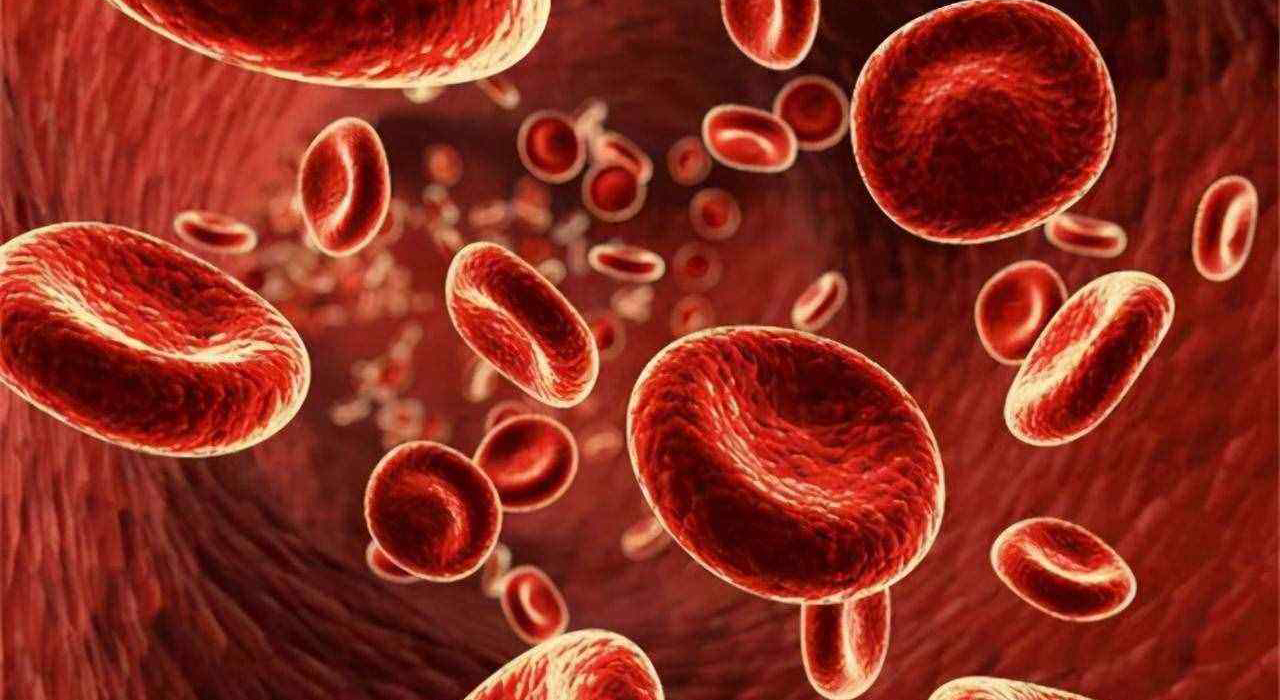On August 23, Merck announced that the FDA has granted Fast Track designation to its intravenous anticoagulant drug MK-2060 for reducing the risk of major thrombotic cardiovascular events in patients with end-stage renal disease (ESRD).
MK-2060 is a monoclonal antibody with novel dual activity of inhibiting coagulation factors XI and XIa. It can not only block the activation of coagulation factor XI, but also inhibit the downstream cascade coagulation reaction mediated by XI.
MK-2060 is undergoing a Phase II clinical study to evaluate the efficacy and safety of two different doses of MK-2060 in ESRD patients undergoing hemodialysis. Data from this study will be used to inform dose selection of MK-2060 in future studies.
Currently widely used anticoagulant drugs include traditional heparin, vitamin K analogs (warfarin), thrombin inhibitors (dabigatran etexilate), Factor Xa inhibitors (apixaban, rivaroxaban, etc.) . These therapies target factors required for the normal clotting process and, while reducing the risk of thrombosis, also significantly increase the risk of bleeding, especially in patients with cardiovascular disease (long-term use of clotting-related drugs) .
In view of the deficiencies of existing anticoagulant drugs, many pharmaceutical companies have deployed new anticoagulant drugs. Among them, the relatively fast progress is the abelacimab of Anthos Therapeutics under Novartis, which has entered the phase III clinical stage. abelacimab is a monoclonal antibody targeting coagulation factor XI, which can bind to the catalytic domain of factor XI and lock it in the zymogen conformation. By intravenous infusion of abelacimab, factor XI levels can be dose-dependently reduced. In addition, in the field of ESRD, the Phase IIb study of Fesomersen, an antisense oligonucleotide therapy targeting factor XI jointly developed by Bayer and Ionis, also recently met its primary endpoint.









